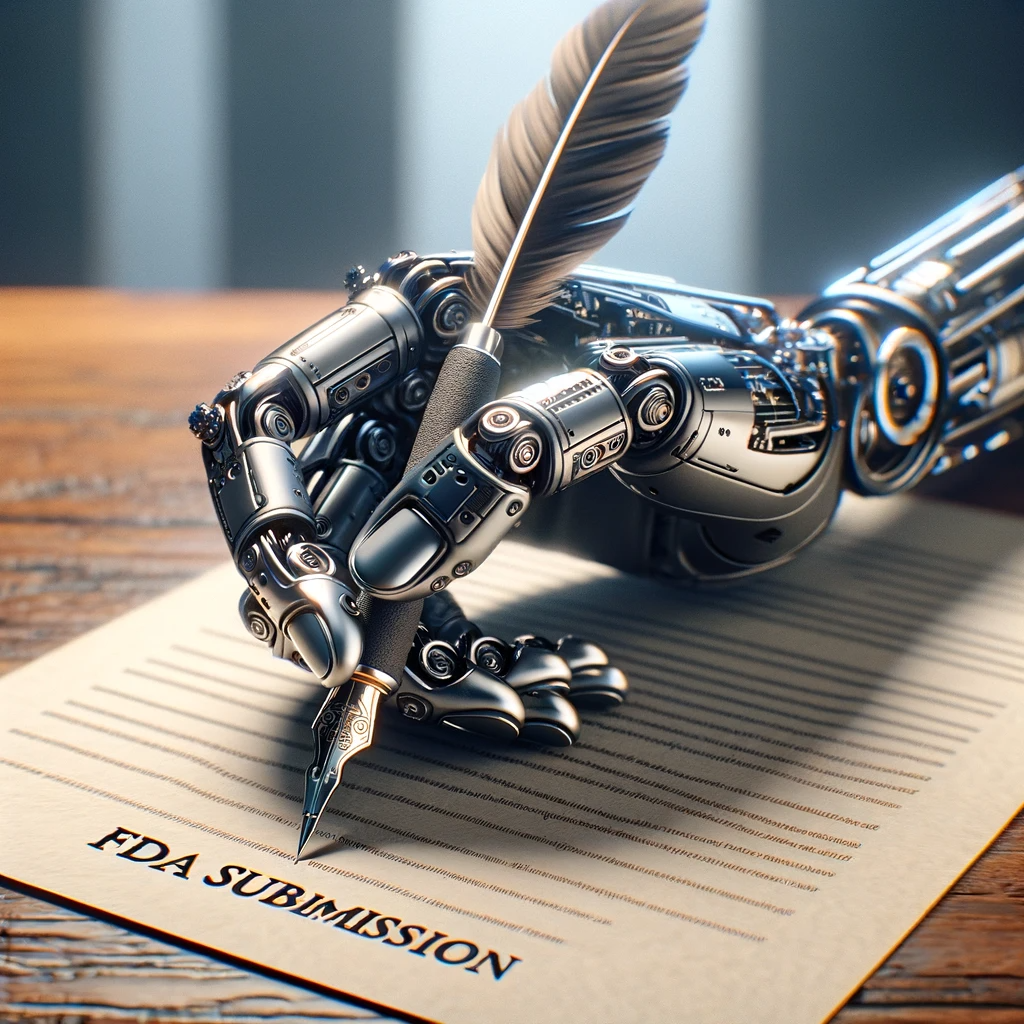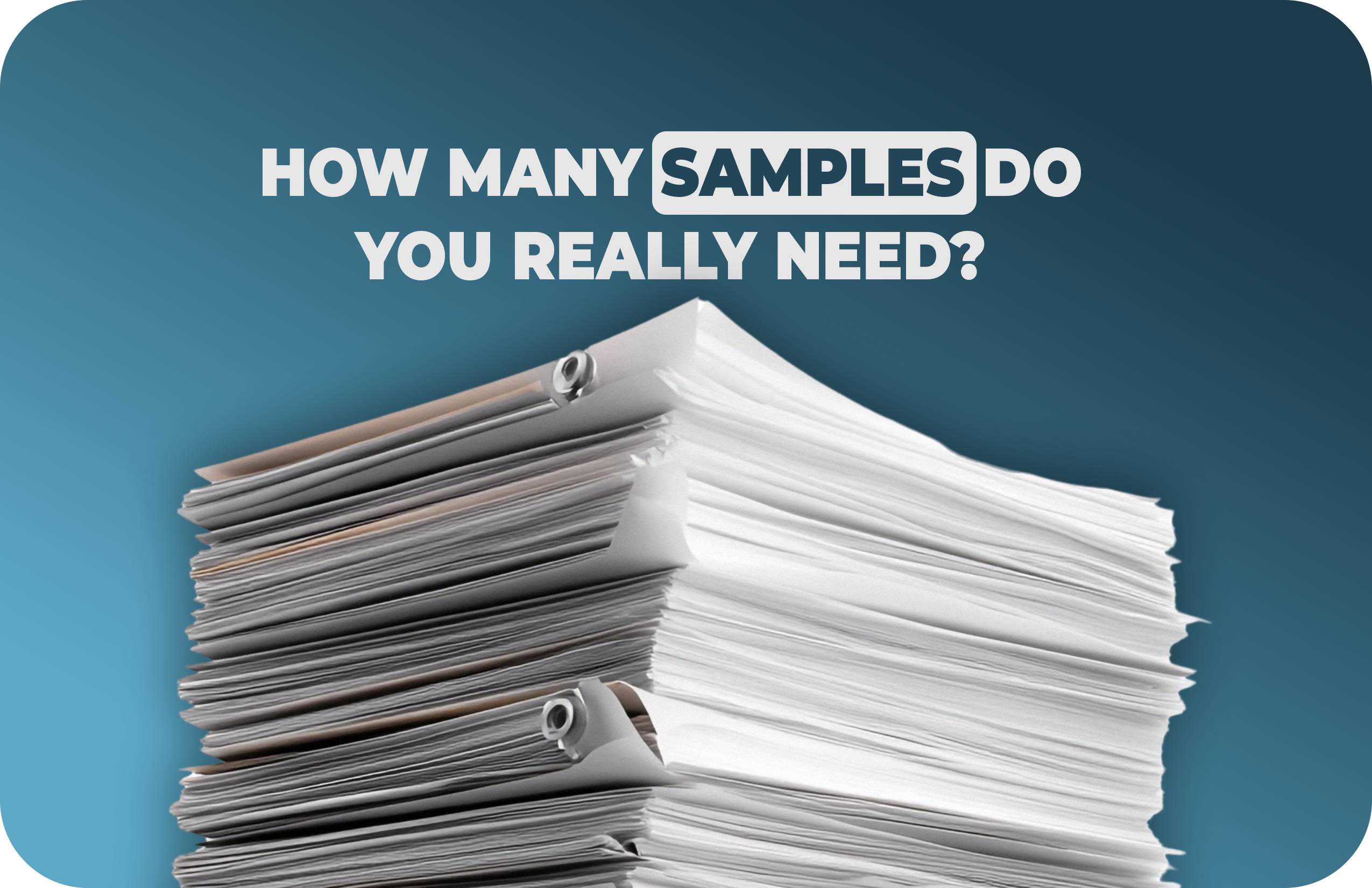A New Era in Medtech: The Shift in Regulatory Affairs with AI Integration

The world of medical technology is transforming, not just in innovation but also in how these innovations are brought to market. Regulatory Affairs (RA) professionals, often the unsung heroes in the medtech industry, are at the forefront of this change. Their role, traditionally rooted in meticulous compliance and extensive documentation, is evolving with the advent of Artificial Intelligence (AI). This article delves into the real-world regulatory processes, the potential of AI in revolutionizing these tasks, and the implications for time-to-market and labour efficiency.
The Heart of Medtech: The Role of RA Professionals
RA professionals are the bridge between groundbreaking medical devices and the patients who need them. Their critical and detailed work ensures that every device complies with stringent regulatory standards. Their role is comprehensive, from overseeing the early stages of risk analysis to ensuring post-market compliance. In the case of high-risk devices, like coronary stents used in angioplasty, the responsibility is immense. They must navigate complex regulations, coordinate with R&D teams, manage risk assessments, and facilitate clinical trials.
AI: A New Dawn in Regulatory Processes
But what if this role's repetitive, data-intensive aspects could be managed more efficiently? Enter AI. With its ability to process and analyze vast amounts of data, AI can potentially manage 40-60% of RA tasks. This isn't about replacing human expertise but augmenting it. For example, in the standardization of risk analysis for a coronary stent, AI can analyze existing data from similar products, streamline report generation, and identify compliance benchmarks. This integration could significantly reduce labour hours, reducing the time it takes to bring a device from concept to market.
Real Numbers, Real Impact
Consider the meticulous process of risk analysis for a high-risk device. Traditionally, this is a labour-intensive process requiring extensive data review. We can automate data extraction, analysis, and initial report drafting by leveraging AI. This could translate into a reduction of labour hours by as much as 50% for these initial stages. The impact is even more pronounced for simpler, low-risk devices, with AI potentially handling up to 80-90% of standardized processes.
The Human Touch in a Digital Age
This isn't to say that the role of RA professionals is diminishing. On the contrary, their expertise becomes more crucial in interpreting AI-generated data, making strategic decisions, and handling complex regulatory landscapes. The human touch remains irreplaceable, especially when nuanced understanding and ethical considerations are paramount.
Integrating AI in regulatory affairs is not just a possibility; it's a burgeoning reality. It promises a future where RA professionals can focus on their role's strategic, complex aspects, enhance overall efficiency, and potentially accelerate the journey of medical innovations from the lab to the lives they aim to improve.
This synergy between human expertise and artificial intelligence marks a new chapter in the MedTech industry, promising faster, more efficient, and perhaps even more revolutionary healthcare solutions. Benjamin Arazy
Stay informed and current at the RegTech AI Forum, which is exclusively available for Regulatory Rockstars members (coming soon). Join the Regulatory Rockstar Movement today!

